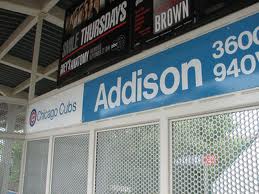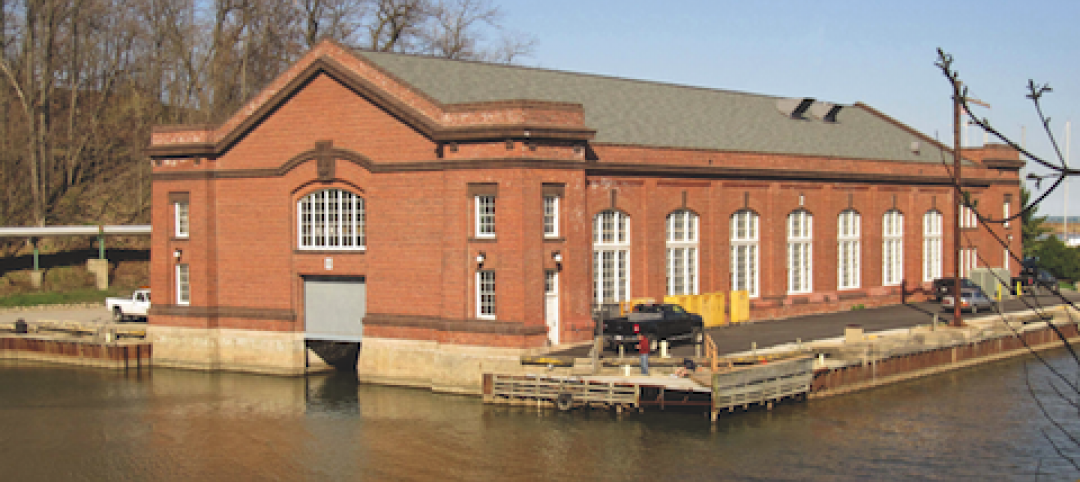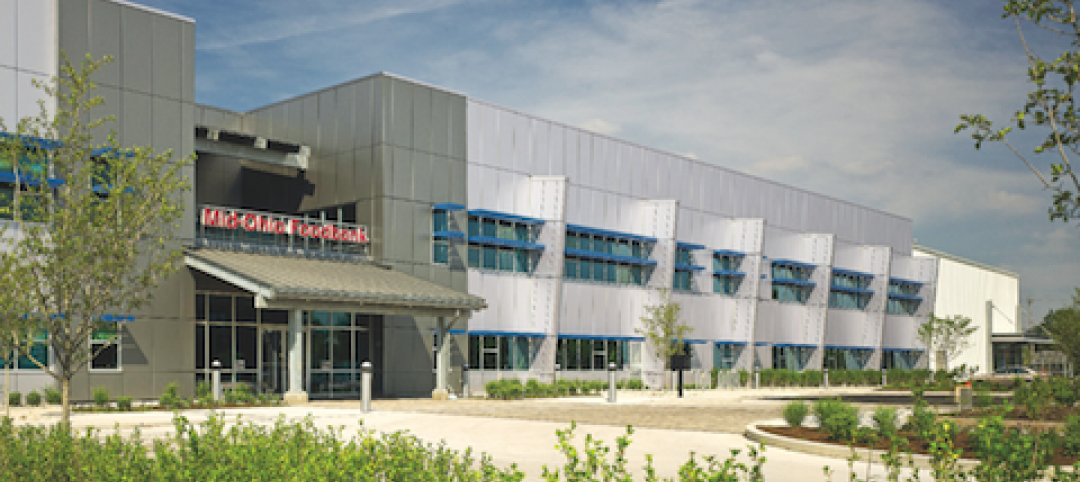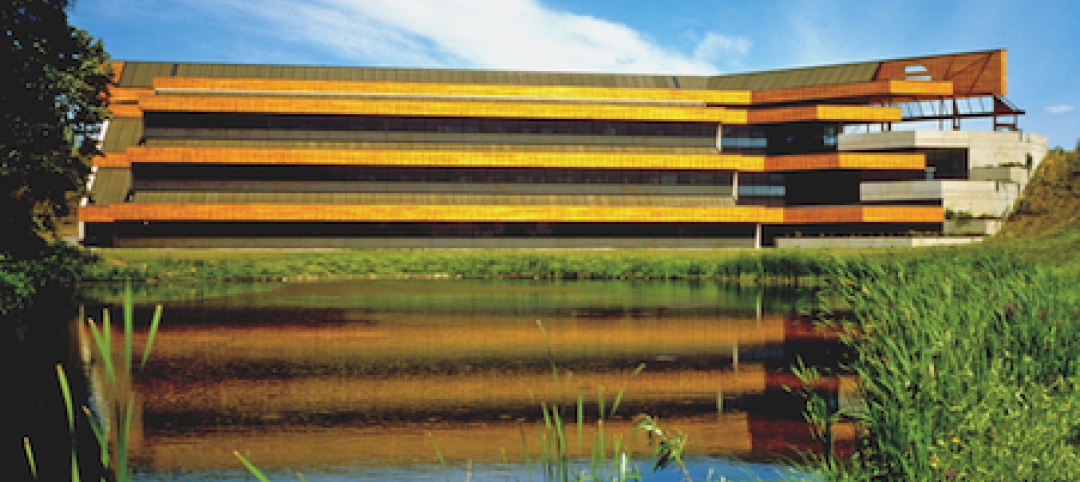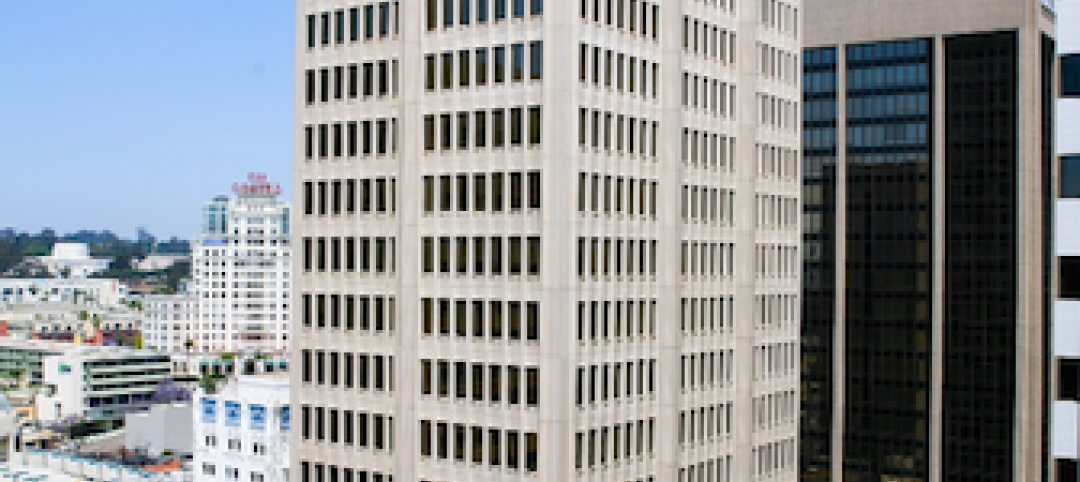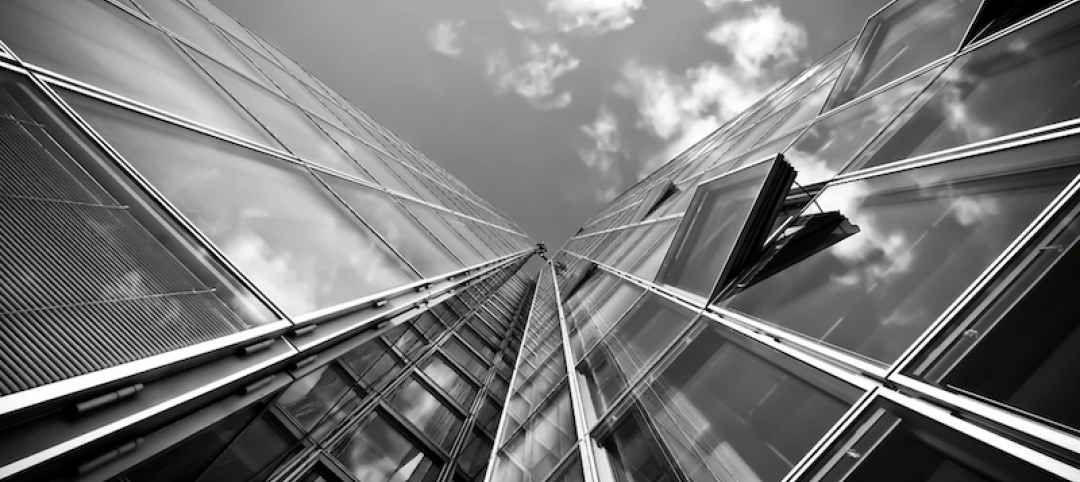In collaboration with renowned architect Stanley Tigerman and veteran urban planner William Martin, Chicago Architecture Foundation (CAF) opens the new temporary exhibition Design on the Edge: Chicago Architects Reimagine Neighborhoods September 21 in the atrium of the historic Santa Fe building on Michigan Ave.
Design on the Edge presents plans created by seven teams of nine Chicago-based architects to reimagine seven of the city’s neighborhoods to encourage street life, retail districts and dense housing around the existing “L” transit system.
From neighborhoods replacing streets and cars with pedestrian boulevards to a magnetic levitation monorail, the concepts in this exhibition aim to inspire Chicagoans to imagine a more connected, vibrant and livable city.
“Design on the Edge aligns with the mission of the Chicago Architecture Foundation by engaging Chicagoans, architects, and civic leaders, including the new mayoral administration, in reimagining their communities,” said CAF President and CEO Lynn Osmond. “CAF, a leading forum for public learning and engagement in dialogue about the built world, is thrilled to be the venue for these stimulating projects, which continue Chicago’s tradition of bold thinking.”
The architects who created Design on the Edge are: Stanley Tigerman, John Ronan, Jeanne Gang, Ross Wimer, Darryl Crosby, Doug Garofalo with Xavier Vendrell, Sarah Dunn, Martin Felsen, and Patricia Saldaña Natke. The exhibition builds on the 2005 project, Visionary Chicago Architecture, in which seven teams of two Chicago architects devised plans for seven areas in downtown Chicago. Just as Visionary Chicago Architecture was presented to Mayor Richard M. Daley, Design on the Edge will be presented to Mayor Rahm Emanuel.
“The charge to each of the seven teams was to envision what the locus of energy in outlying neighborhoods might become in a yet-to-be-determined future and what such energy might bring to the city as a whole,” said Tigerman. “This alternative visionary effort reimagines satellite communities within Chicago’s city limits were once dependant on city life and now have their own reason for being.”
The seven teams and the project sites assigned to them by Tigerman are:
John Ronan: Loyola Red Line stop/Rogers Park Jeanne Gang: Addison Red Line stop/Wrigleyville Doug Garofalo/Xavier Vendrell: Addison Brown Line stop/Roscoe Village Sarah Dunn/Martin Felsen: Western Blue Line stop/Near West Side Patricia Saldaña Natke: 18th Street Pink Line stop/Pilsen Ross Wimer: Midway Airport Orange Line stop/Southwest Side Darryl Crosby: 35th Street Green Line stop/Bronzeville
The Design on the Edge exhibition will surround the popular Chicago Model City in the atrium of the historic Santa Fe building, and will also include a companion catalogue for sale in the CAF Shop. The publication contains illustrations of each project and essays by art historian Paul Jaskot and co- organizers Tigerman and William Martin. BD+C
Related Stories
| Oct 12, 2010
Building 13 Naval Station, Great Lakes, Ill.
27th Annual Reconstruction Awards—Gold Award. Designed by Chicago architect Jarvis Hunt and constructed in 1903, Building 13 is one of 39 structures within the Great Lakes Historic District at Naval Station Great Lakes, Ill.
| Oct 12, 2010
Full Steam Ahead for Sustainable Power Plant
An innovative restoration turns a historic but inoperable coal-burning steam plant into a modern, energy-efficient marvel at Duke University.
| Oct 12, 2010
From ‘Plain Box’ to Community Asset
The Mid-Ohio Foodbank helps provide 55,000 meals a day to the hungry. Who would guess that it was once a nondescript mattress factory?
| Oct 11, 2010
HGA wins 25-Year Award from AIA Minnesota
HGA Architects and Engineers won a 25-Year Award from AIA Minnesota for the Willow Lake Laboratory.
| Oct 11, 2010
MBMA Releases Fire Resistance Design Guide for metal building systems
The Metal Building Manufacturers Association (MBMA) announces the release of the 2010 Fire Resistance Design Guide for Metal Building Systems. The guide provides building owners, architects, engineers, specifiers, fire marshals, building code officials, contractors, product vendors, builders and metal building manufacturers information on how to effectively meet fire resistance requirements of a project with metal building systems.
| Oct 11, 2010
Rhode Island is the first state to adopt IGCC
Rhode Island is the first state to adopt the International Green Construction Code (IGCC). The Rhode Island Green Buildings Act identifies the IGCC as an equivalent standard in compliance with requirements that all public agency major facility projects be designed and constructed as green buildings. The Rules and Regulations to implement the Act take effect in October 2010.
| Oct 8, 2010
Union Bank’S San Diego HQ awarded LEED Gold
Union Bank’s San Diego headquarters building located at 530 B Street has been awarded LEED Gold certification from the Green Building Certification Institute under the standards established by the U.S. Green Building Council. Gold status was awarded to six buildings across the United States in the most recent certification and Union Bank’s San Diego headquarters building is one of only two in California.
| Oct 6, 2010
Windows Keep Green Goals in View
The DOE's National Renewable Energy Laboratory has almost 600 window openings, and yet it's targeting LEED Platinum, net-zero energy use, and 50% improvement over ASHRAE 90.1. How the window ‘problem’ is part of the solution.
| Oct 6, 2010
From grocery store to culinary school
A former West Philadelphia supermarket is moving up the food chain, transitioning from grocery store to the Center for Culinary Enterprise, a business culinary training school.
| Sep 30, 2010
Luxury hotels lead industry in green accommodations
Results from the American Hotel & Lodging Association’s 2010 Lodging Survey showed that luxury and upper-upscale hotels are most likely to feature green amenities and earn green certifications. Results were tallied from 8,800 respondents, for a very respectable 18% response rate. Questions focused on 14 green-related categories, including allergy-free rooms, water-saving programs, energy management systems, recycling programs, green certification, and green renovation.


